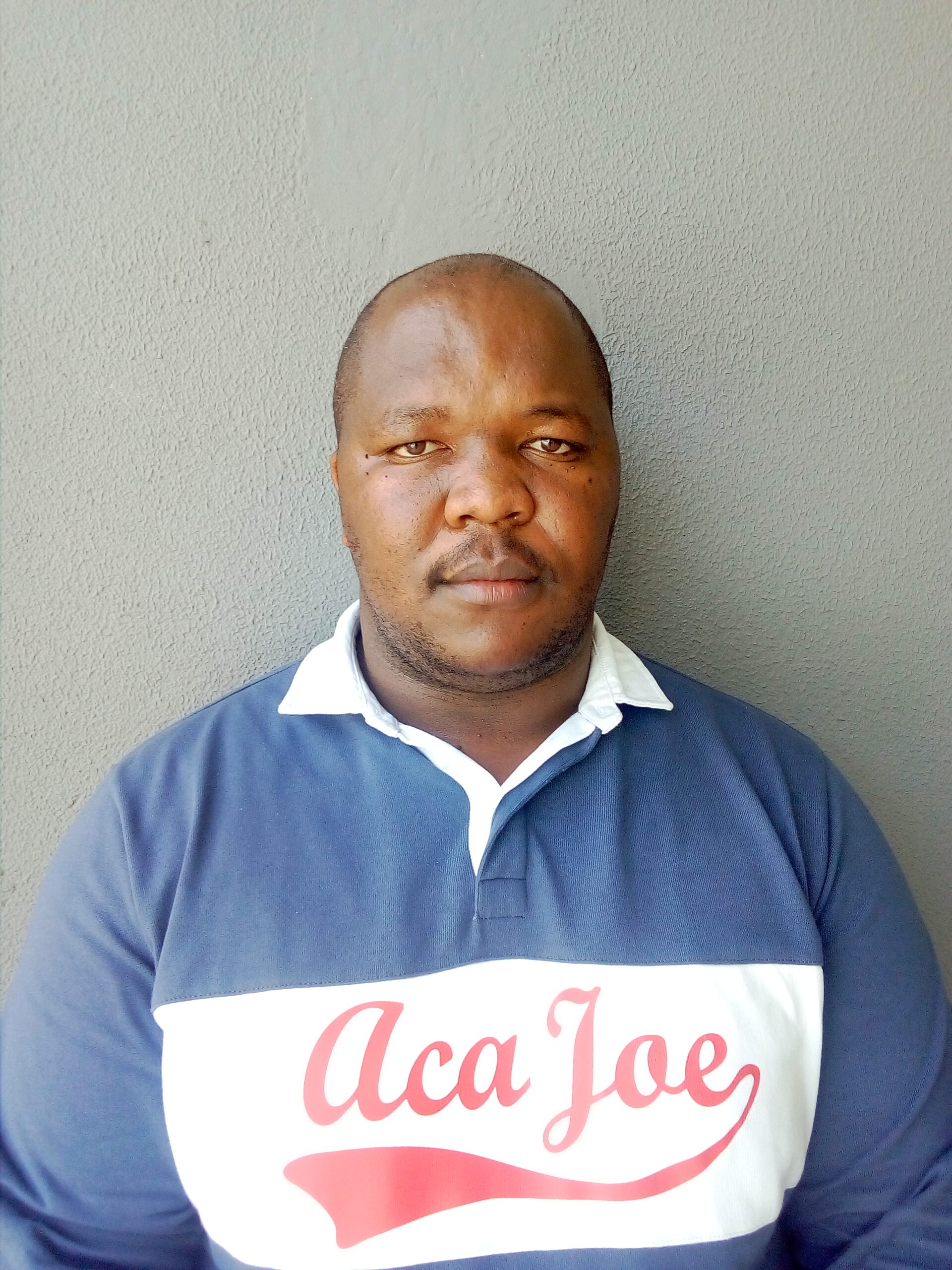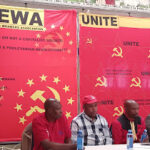… Eventually faces the full force of public anger over jobs crisis
For the first time in his three years in office, Prime Minister Ntsokoane Matekane will today confront the full force of public anger as legions of factory workers march to deliver a petition demanding urgent government intervention to save jobs and struggling firms.
The protest, organised by a coalition of trade unions, underscores growing frustration over the government’s inaction, broken promises, and bureaucratic delays that have left Lesotho’s industrial workforce teetering on the brink of despair.
Workers say their livelihoods are under severe threat following U.S. executive orders and the imposition of reciprocal tariffs, compounded by the impending expiration of the African Growth and Opportunity Act (AGOA), the trade arrangement that sustains many of Lesotho’s factories.
As global economic pressures mount, factory employees accuse Matekane’s administration of leaving them to fend for themselves, even as Members of Parliament repeatedly raised the crisis in parliament.
The protest is led by a joint front of unions including the United Textile Employees Union (UNITE), Economic Freedom Trade Union (EFTU), National Clothing Textile and Allied Workers Union (NACTWU), Lesotho Workers Association (LEWA), Lentsoe la Sechaba Workers Union (LSWU), and the Mining Quarrying Allied Union (CMQ).
The unions claim the government dragged its feet for months in granting a permit to protest, prompting them to escalate their complaint to international bodies, who reportedly pressured Matekane’s administration to respect the right to civic demonstrations.
They said they met all the requirements under the Public Meetings and Processions Act of 2010, yet the government continued to frustrate them. They even threatened to take the matter to court if a permit was not granted by October 31.
The economic pressure on workers stems in part from the uncertainty surrounding AGOA. Minister of Trade, Industry and Business Development Mokhethi Shelile assured parliament that the U.S. government has promised a one-year extension of AGOA, following lobbying missions to Washington.
Shelile and Minister of Labour Tšeliso Mokhosi met with congressional representatives from both Republican and Democratic parties, as well as trade organisations such as the American Apparel and Footwear Association (AAFA), the U.S. Chamber of Commerce, and the American Fashion Industry Association.
However, controversy surrounded the delegation as one union representative, previously promised inclusion on the trip, was left behind due to what the government described as an administrative hiccup.
Yet, despite these high-level engagements, workers at home see no tangible relief, fueling anger and disillusionment.
Factories remain critical employers in Lesotho, second only to government employment. According to a 2024 report by the Competitiveness and Financial Inclusion (CAFI) project, there are currently 42 operational firms in Lesotho: 14 from South Africa, 16 from Taiwan, six locally owned, and six by Chinese nationals.
For many, the stakes could not be higher. Factory closures and job losses would not only threaten family incomes but could also destabilise entire communities reliant on the textile and apparel sector.
This marks the first mass strike under the Matekane administration, which celebrated three years in office on Tuesday, October 28. Political undercurrents are evident. Basotho National Party (BNP) leader Machesetsa Mofomobe has called on citizens to participate in the protest “regardless of political affiliation” in the name of protecting the Constitution.
Conversely, government supporters are expected to largely abstain.
Adding to the tense atmosphere, armed soldiers have been visibly deployed across Maseru, and reportedly surrounded union meetings in recent days, a move that critics describe as intimidation and an overreach of state power.
Earlier this year, when frustration among young Basotho reached boiling point and plans for a youth-led protest over skyrocketing unemployment were already underway, Prime Minister Matekane swiftly convened what he called a national youth dialogue at the ‘Manthabiseng Convention Centre in Maseru. The gathering, which was attended by hundreds of restless young people, government officials, and private sector representatives, was meant to calm growing anger and restore public confidence in his administration’s commitment to job creation.
At that meeting, the Prime Minister sought to reassure the youth that his government had a clear plan to curb unemployment and create new economic opportunities. In a bold declaration that sparked both hope and scepticism at a press conference ahead of the dialogue, Matekane announced that his government would create 70,000 jobs, a figure that was later revised to 62,000 during the dialogue. The adjustment, which came without a clear explanation, drew criticism from activists and opposition leaders who accused the government of inflating numbers to appease public outrage rather than offering concrete, time-bound solutions.
Months later, many of those who attended the dialogue say little has changed. The promised jobs remain elusive, and the factories that once absorbed thousands of low-skilled workers continue to close. For many young Basotho, the memory of that meeting has become a symbol of empty promises.
Summary
- For the first time in his three years in office, Prime Minister Ntsokoane Matekane will today confront the full force of public anger as legions of factory workers march to deliver a petition demanding urgent government intervention to save jobs and struggling firms.
- The protest is led by a joint front of unions including the United Textile Employees Union (UNITE), Economic Freedom Trade Union (EFTU), National Clothing Textile and Allied Workers Union (NACTWU), Lesotho Workers Association (LEWA), Lentsoe la Sechaba Workers Union (LSWU), and the Mining Quarrying Allied Union (CMQ).
- The unions claim the government dragged its feet for months in granting a permit to protest, prompting them to escalate their complaint to international bodies, who reportedly pressured Matekane’s administration to respect the right to civic demonstrations.

Thoboloko Ntšonyane is a dedicated journalist who has contributed to various publications. He focuses on parliament, climate change, human rights, sexual and reproductive health rights (SRHR), health, business and court reports. His work inspires change, triggers dialogue and also promote transparency in a society.









